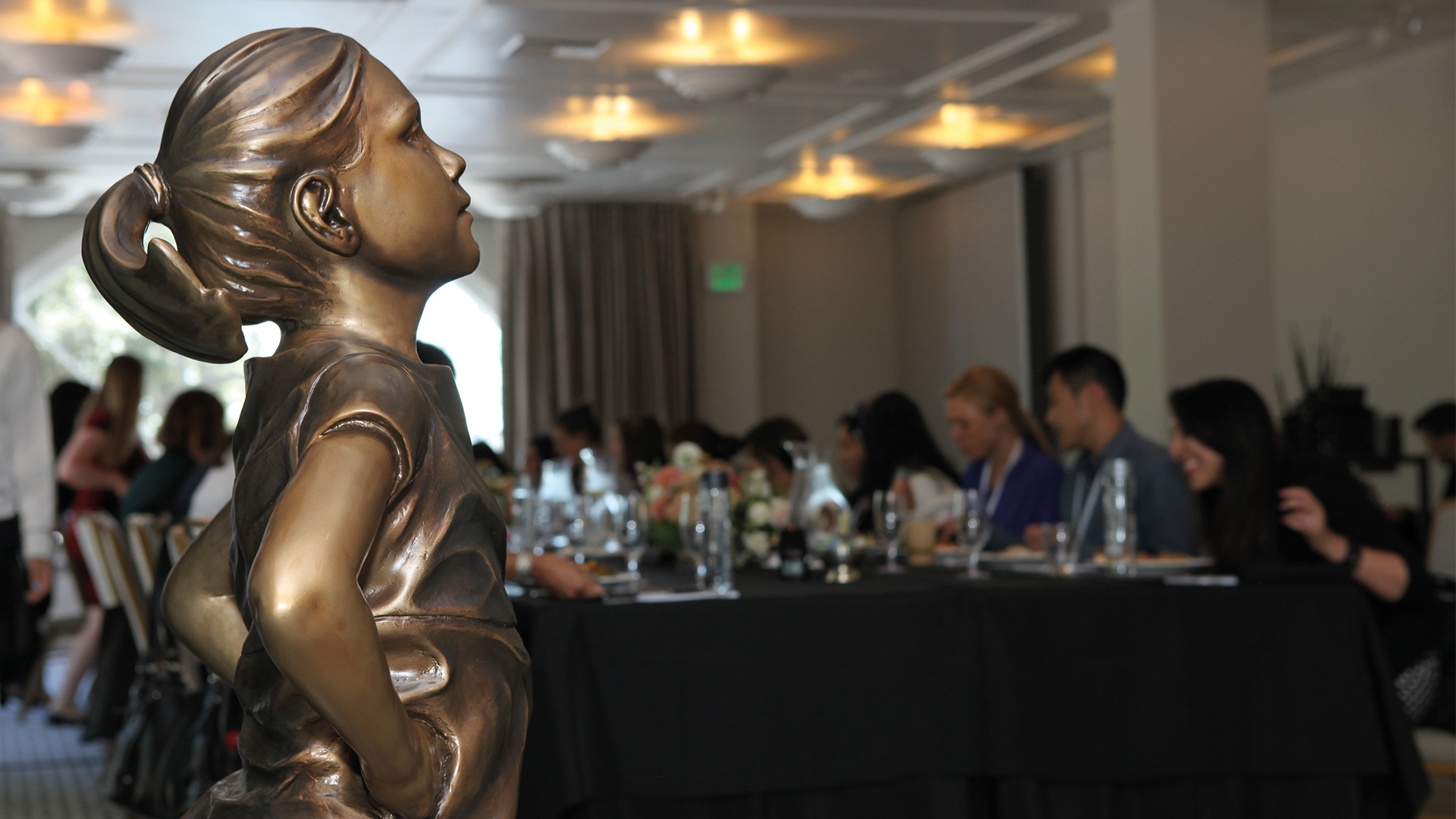
Sculpture by Kristen Visbal, commissioned by State Street Global Advisors

State Street Global Advisors and Treasury Today Group’s Women in Treasury roundtables came to Singapore in November 2018 to unveil the results of the Women in Treasury Global Study 2018 with the local corporate community. Guests also discussed how to curate an ‘executive presence’ and refine their personal brand.
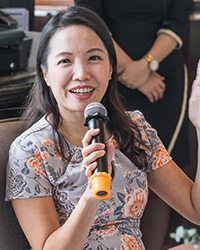
Over a third (39%) of female treasurers feel they earn less than their male counterparts, the 2018 Women in Treasury Annual Global Study revealed. Additionally, over a quarter of respondents believe they have been overlooked or ignored in the workplace because of their gender. The eye-opening results of Treasury Today’s study, supported by State Street Global Advisors, was the topic of discussion for the audience in Singapore on November 20th 2018.
This event was the latest in a series of roundtables, hosted by Treasury Today and State Street Global Advisors, looking at women in treasury. Conducted from May to September 2018, the study attracted 348 responses with those participating ranging widely in age, experience, geography and role. Of these, only 5% of female treasurers surveyed felt there have been improvements in pay parity over the past year. However, most respondents characterised their company’s approach to diversity, inclusion and equal opportunity as ‘favourable’.
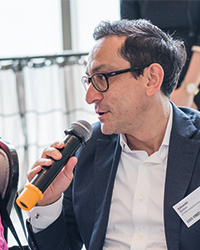
Following an enjoyable lunch with treasury guests from a broad spectrum of industries, Gunjan Chauhan, Head of EMEA Cash Business at State Street Global Advisors, set the tone for the roundtable discussion.
“What surprises me is that, even in 2018, we’re having the same conversations that we were having decades before, back in 2008 or even 1998, around gender equality in the workplace,” she said. “It perplexes me why we still keep having the same conversation, why we aren’t moving forward at the pace that I’m sure most of us around this table would want to move,” Chauhan commented.
This view was supported in the annual study. The majority of respondents work in teams where more than 30% are female. However, at the top of their organisations this changes dramatically: only 5% of respondents have a female CEO and 82% said their company does not have a diverse board. Mentoring sponsorship and coaching programmes continued to receive positive responses, with 79% of all respondents believing these were key to a successful career.
Do you have executive presence?
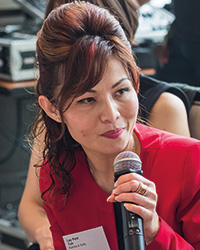
As such, Louise Watts, founder of Australian executive coaching company, Transition Hub, spoke to the roundtable guests about how she mentors women (and men), in the importance of ‘executive presence’ and how it can be gained.
Executive presence has often been cited across recruitment teams and board rooms as a qualifying characteristic for senior roles in the corporate world. As jobs increasingly become automated, both men and women are going to need this type of human skill more than they ever have in the past, Watts explained. “It’s not something that naturally arrives as you grow up. As women, I think it’s a really untapped opportunity for us to be more confident, bolder and more present in our organisations,” outlined Watts.
Having worked with business women globally, Watts argues that a lack of confidence plays havoc with female careers worldwide. “Networking, being confident and present is not something we naturally grant ourselves the right to,” she explained. “Interestingly, we are probably more likely to get the job done, take care of the details and ensure somebody else can look good as they network, than do it ourselves,” Watts pointed out.
Curating a personal brand
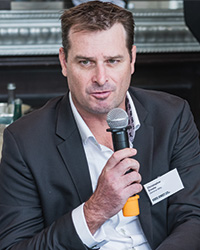
When working with clients, Watts often asks them to imagine how people would describe them in a couple of words. They are then asked to think about how they would like to be described, and “so often there’s a little gap,” Watts said. She then works to close that gap to create their desired perception.
“We pretty much know the strategies. It’s reminding ourselves to coach ourselves or to take advantage of feedback we’ve been given through coaching or from peers,” Watts explained.
People are often so busy with work and other things in their lives, that they’re not thinking about their personal brand, Watts said. “But I think we’re beginning to. We’re reading more on social media, listening to podcasts and going to events where we’re reminded that we can build our own reputation,” Watts explained. “It’s all about choice rather than just accepting the way someone sees you,” she added.
After enthusiastic discussion from male and female treasurers sharing stories of progress and remaining barriers, Chauhan rallied the audience. “There are enough of us now – very like-minded colleagues, male and female – who can come together and make it count. But if we don’t make it count, if we don’t challenge the status quo or the corporate policies then what’s the point? It will always be the same. “Now more than ever, I’m feeling like people are ready to think differently,” she concluded.
The Women in Treasury Annual Global Study 2019, proudly supported by State Street Global Advisors, opens in March and the results will be released in September. To learn more please contact Lisa Bigley, Global Head of Events – lisa.bigley@treasurytoday.com
Join our Women in Treasury community on LinkedIn where you can be part of the discussion around the findings of this study, contribute your insights and engage with a unique professional network. Simply contact our Head of Circulation, Sarah Arter –
sarah.arter@treasurytoday.com, to join our Women in Treasury community and be part of the dialogue today.